The Metro Water District, which includes Fayette County, is looking for people to serve on its advisory councils.
The district, formally known as the Metropolitan North Georgia Water Planning District, is seeking people to serve on six different Basin Advisory Councils that help develop and implement water resource plans for the region. The councils provide valuable input into the Metro Water District’s planning process and related implementation activities by representing the wide variety of stakeholders that rely on the region’s water resources.
The six councils represent the major river basins within the planning region: Chattahoochee, Coosa/Etowah, Flint, Ocmulgee and Oconee as well as Lake Lanier.
Interested citizens are encouraged to apply as are people who represent environmental, business, real estate, recreation, neighborhood, agriculture, utility, academic, water resources and other interests.
Applicants must reside within the river basin of the council for which they apply. The Metro Water District is specifically looking for individuals who live in one of the following 15 counties: Bartow, Cherokee, Clayton, Cobb, Coweta, DeKalb, Douglas, Fayette, Fulton, Forsyth, Gwinnett, Hall, Henry, Paulding and/or Rockdale.
Members serve two-year terms and may be reappointed for additional terms. Councils hold regular quarterly meetings but may also hold special meetings as needed to provide input on Metro Water District activities and actions.
The application is available on the Metro Water District’s Web site, www.northgeorgiawater.org/ApplyNow. The deadline to apply is May 29. For more information, contact the Metro Water District by telephone or e-mail at 404-463-3344 or [email protected].
The Metropolitan North Georgia Water Planning District is the planning organization dedicated to developing comprehensive regional and watershed-specific water resources plans to be implemented by local governments in the District. These plans protect water quality and public water supplies in and downstream of the region, protect recreational values of the waters in and downstream of the region and minimize potential adverse impacts of development on waters in and downstream of the region.





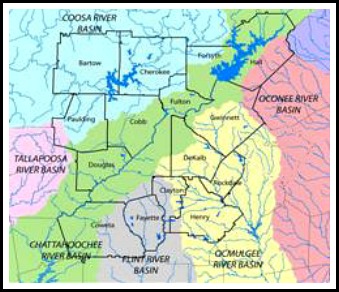

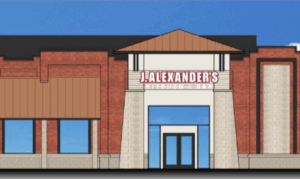
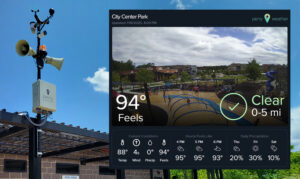
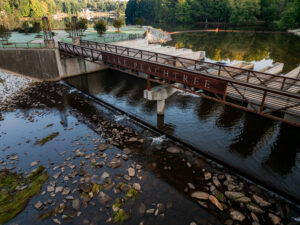
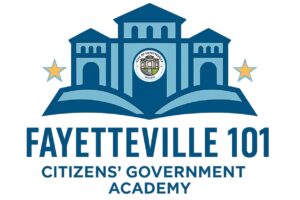

Leave a Comment
You must be logged in to post a comment.